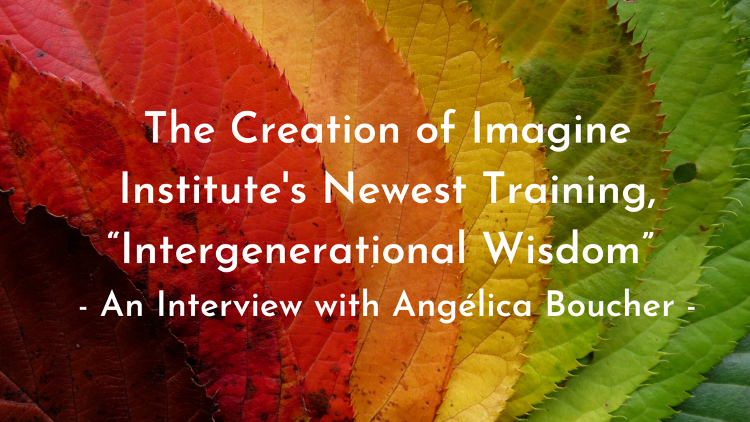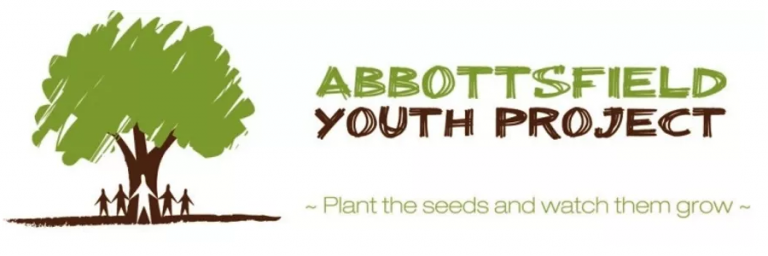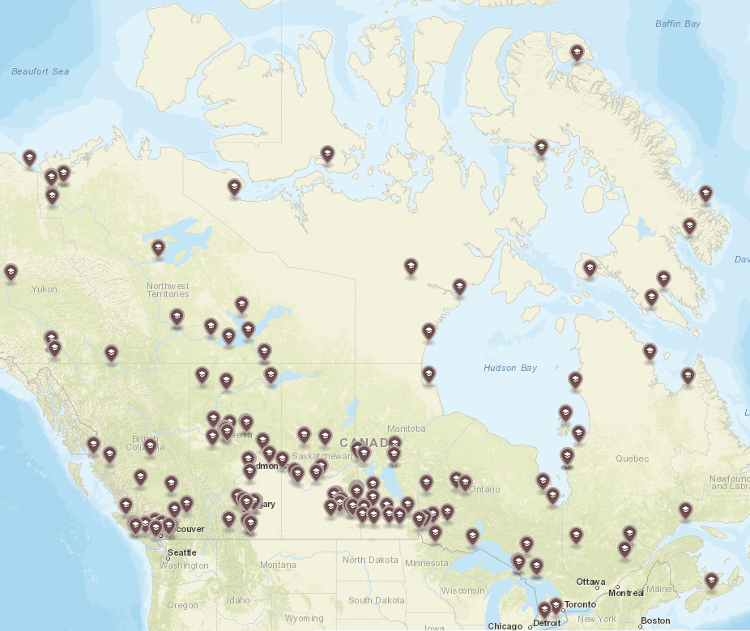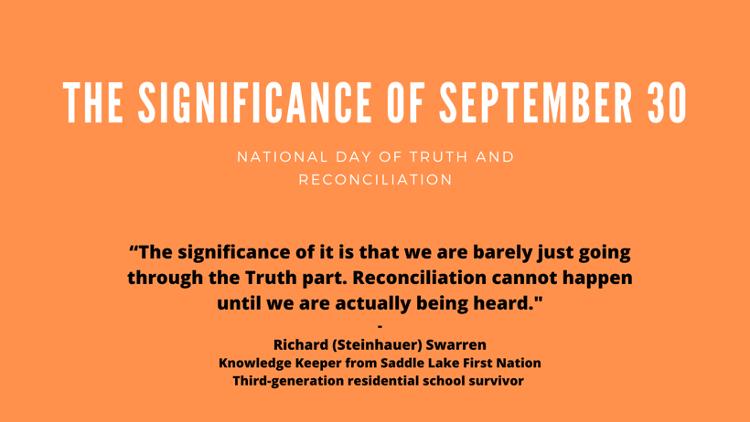Ask vs. Guess
Ask vs. Guess
A passion for all of us at Imagine is bridging gaps. In our line of work this is often the gap between research and practice, but we also love bridging gaps between people. Our trainings help participants begin to answer questions like:
· What can cause relationships to break down and what can we do to repair them?
· Are there things we can do to avoid these relationship stumbling blocks all together?
So, when we first came across the concept of Ask Culture vs Guess Culture we were completely intrigued and excited to explore further with our Imagine learning community.
If you’re not familiar with Ask Culture vs Guess Culture, here’s a quick introduction:
Imagine your friend has family coming to town but their home doesn’t have enough space for everyone to sleep there. They want to know if their cousin can stay with you for the weekend. As much as you love your friend, you definitely don’t want to have a stranger spend the weekend at your house. What is your first thought about how you will respond?
Is it “No problem. I’ll just tell my friend no; her cousin can’t stay with me.”
Is it “This is so awkward! I can’t believe my friend would ask this!”
Or is it something else in the middle?
If your first response was I’ll just say no, you are probably an Asker and likely grew up in Ask Culture. If your first response was about how awkward it is that your friend would ask, you are probably a Guesser and likely grew up in Guess Culture.
Now, like most things in life this is a false dichotomy. For the purposes of understanding Ask Culture and Guess Culture in this post we’re going to continue to discuss them as only two options, but the truth is they exist on a spectrum. Some people are strong Askers, some people are strong Guessers, and a lot of people fall somewhere in the middle.
Members of Ask Culture are taught that it’s okay to ask for anything – a last minute appointment, help moving, staying at a relative’s house, whatever – but that you must be okay with the fact that the answer might be no. So strong askers are perfectly comfortable saying no to the requests of others and hearing no to their own requests.
Members of Guess Culture feel that it is only okay to ask someone for something if you are reasonably sure that the other person will say yes. They believe it is awkward or rude to have to say no and they don’t want to have to put another person in that position. Often instead of asking, a member of Guess Culture will systematically feel out another person and drop hints about what they need. If they do it right, the other person will understand and offer. They’ll never have to make a direct request.
Both approaches are common to different groups of people, and neither is right or wrong. (In fact, if you have a strong feeling that one is superior to the other you are likely located at one end of the spectrum rather than somewhere in the middle). Where problems arise though, as in most cultural differences, is when we assume the other person has the same frame of reference as us.
If I’m an Asker and am comfortable saying and hearing no, I assume you are as well. But if you’re a Guesser I may come across as rude or lacking tact. On the flip side, Guessers can come across as indecisive or passive to Askers.
So how do we bridge this gap?
Understanding is always the most important step. Simply being aware that we all have been raised somewhere on this Ask-Guess spectrum gives us a lot of power. We can learn about our colleagues, friends, and family. Where do they lie on the spectrum? What are their preferences around asking? How can we better communicate with each other knowing this?
But if you’re looking for some practical tips, here are some things to try:
For people further on the Ask side of the spectrum:
Listen for subtle nos. Maybe the other person didn’t say no to your request, but Guessers have a hard time saying no. Instead, they might say something like “Oh, I’ll have to check”.
· Before you make a request remind the other person that saying no is a completely acceptable response.
For people further on the Guess side of the spectrum:
· Remember that not everyone can pick up on hints you think are obvious. The person may be happy to help and just not understand your cues.
· Practice saying no
For everyone:
· Check in when you’re not sure.
· Apologize and laugh together when miscommunications occur because they will!
Good luck bridging those gaps!
Angela Hill, The Imagine Team
Extra Example:
Say an Asker requests something of a colleague who is a Guesser. Not only would the Guesser feel that asking directly is rude, but the Guesser will likely feel that they can’t say no. This is because in Guesser mindset no one would ask for anything unless they expect the answer to be yes. Now the Guesser finds themselves saying yes to something they don’t have time for or don’t want to do and resentment can build. The Asker, however, is completely in the dark about this. In Ask Culture it’s completely reasonable to ask for anything because if the other person can’t do it or doesn’t want to, they’ll just say so. So now we have two people on very different pages.












